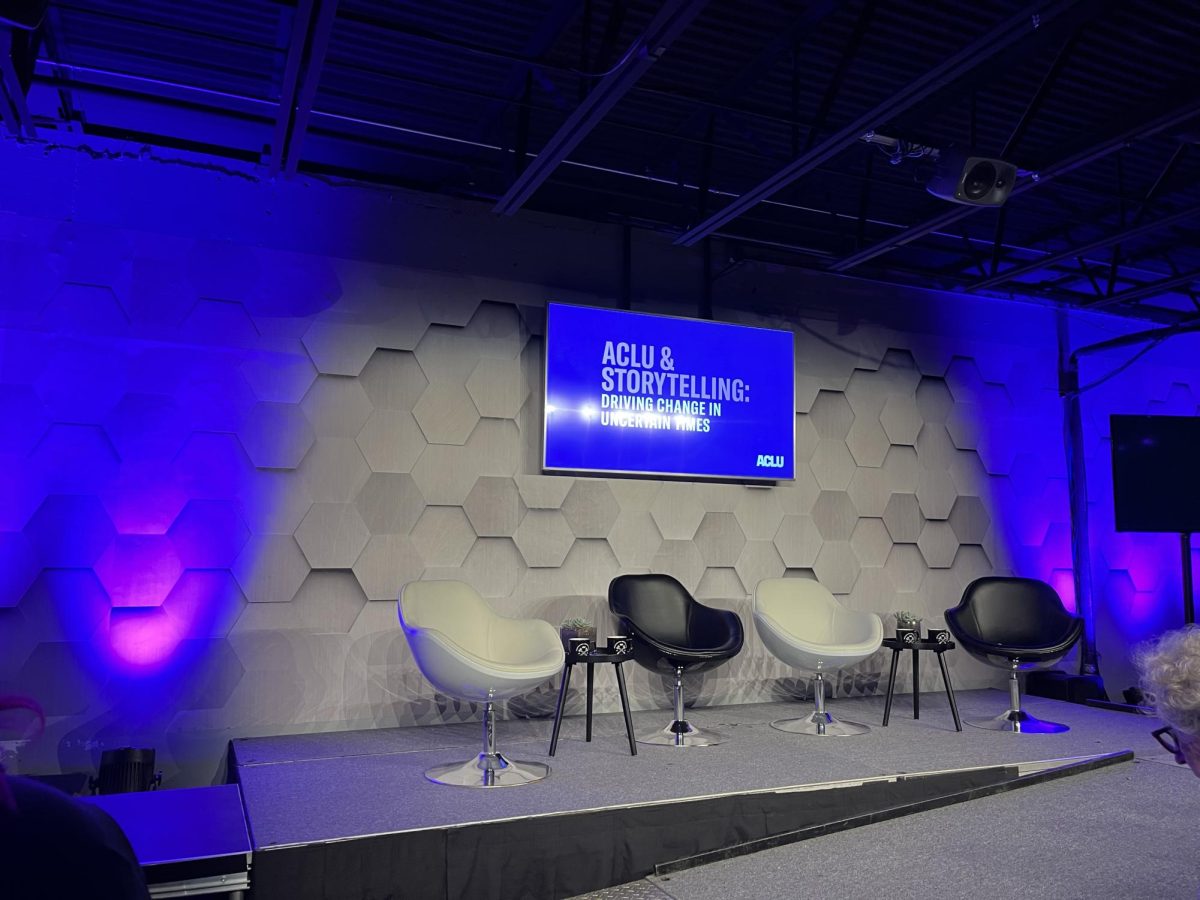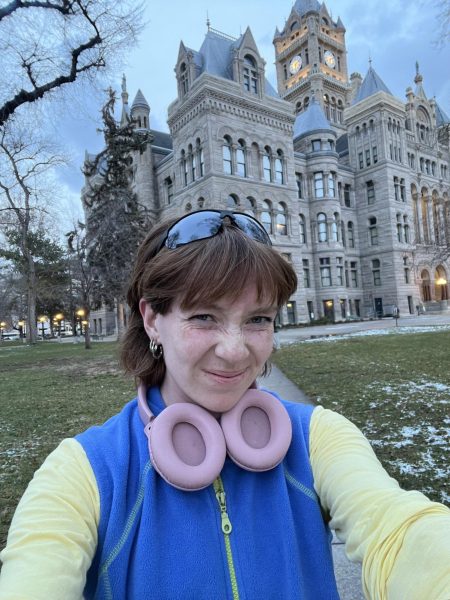On Jan. 25, the American Civil Liberties Union (ACLU) hosted “ACLU & Storytelling: Driving Change in Uncertain Times” at the Sundance Film Festival.
The panel focused on narrative intervention and how creative thinking can be a force for action. Rachel E. Cooke, vice president of impact at 1Community, Kim A. Snyder (“The Librarians”), Lin Que Ayoung (“RICKY”) and Chase Strangio, co-director of ACLU’s LGBT and HIV project, were the speakers for this event.
Fighting the Good Fight
The conversation opened with a historical background of the series “The Twilight Zone.” Cooke explained that Rod Serling originally planned for the show to be a voice for social justice. This was followed by remarks on why we can’t allow the impending sense of dread to impact our creative thought. Ayoung explained that this is an “urgent moment for film to be bold and brave.”
“In so many ways I feel powerless. That’s why I’m an artist,” she said.
Each panelist voiced how entertainment has always been a force and a step in the right direction toward change. Audiences resonate and empathize with the messages they see on screen more because of storytelling and theatrical performance. Strangio explained that even the process of policy-making is extremely theatrical. But, Ayoung added that it’s very important that we keep the stories true to the human experience and human emotion.
Art as a Tool for Advocacy
“Now is the time for all artists to stick their necks out and speak to the things that matter,” Snyder said. Another point that was emphasized in this conversation was the power imagination holds. They all agreed that creativity equals critical thinking and without the fine arts — especially in schools — then there wouldn’t be any new ideas. Artists must “confront the idea of what [their] character is,” Ayoung said.
Snyder agreed that this is the first step towards civil rights activism. She said that it’s important to find a tribe because “regardless of the story you’re telling,” there is always a political backdrop.
Because of this, Snyder also argued that the chilling effect and censorship are artists’ greatest enemies when fighting to get the message out.
“Somebody in this industry is going to have to take the risk to build the blueprint for younger generations,” Ayoung said.
Growing Together through Art
In the arts and entertainment industry, the message is always going to be there. People who make art have an influence on all minds, especially lawmakers. Strangio said it affects change more than anything and only continues to do so. Snyder agreed we need to believe in the work so much so that it grows bigger than us.



